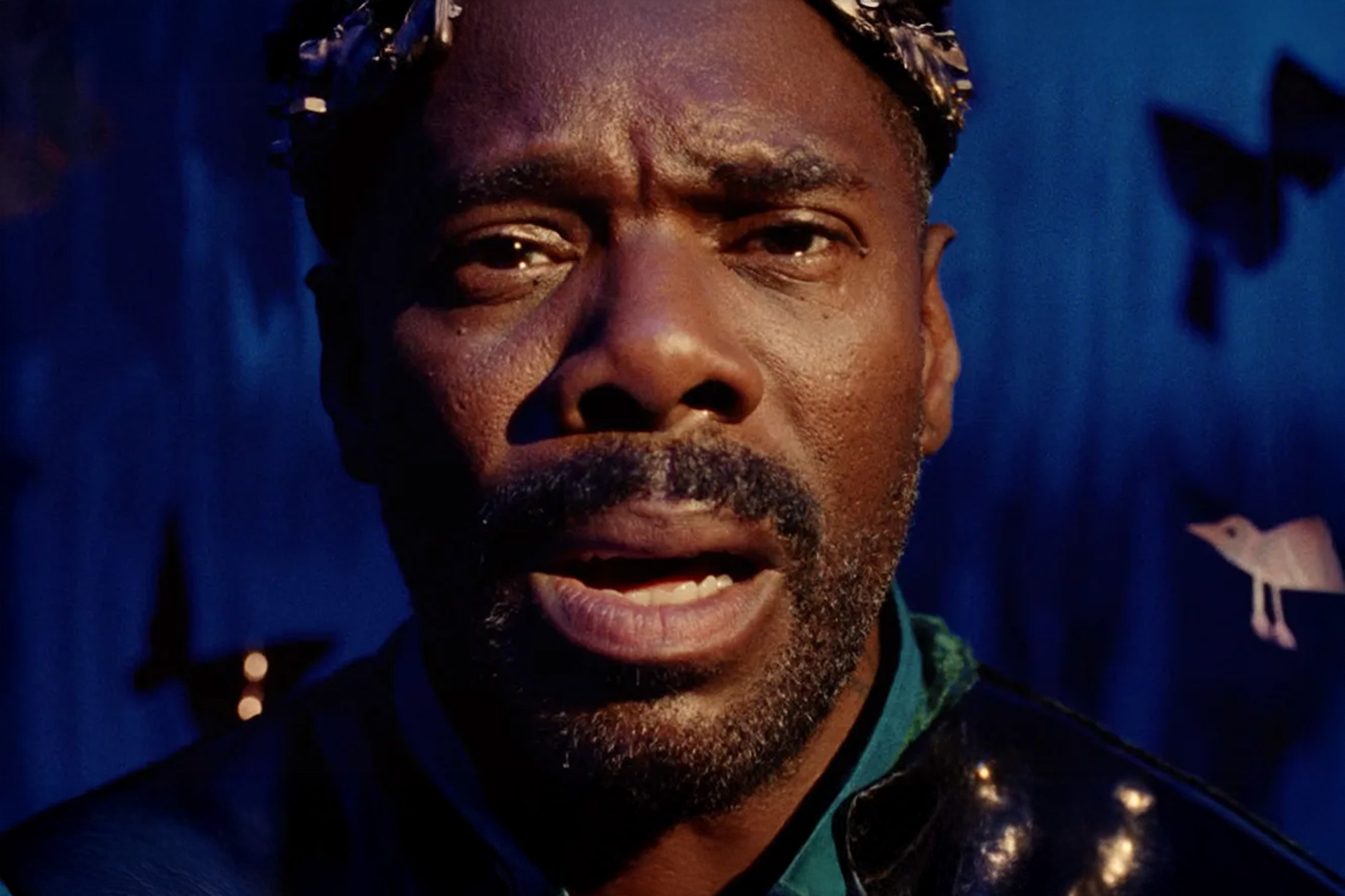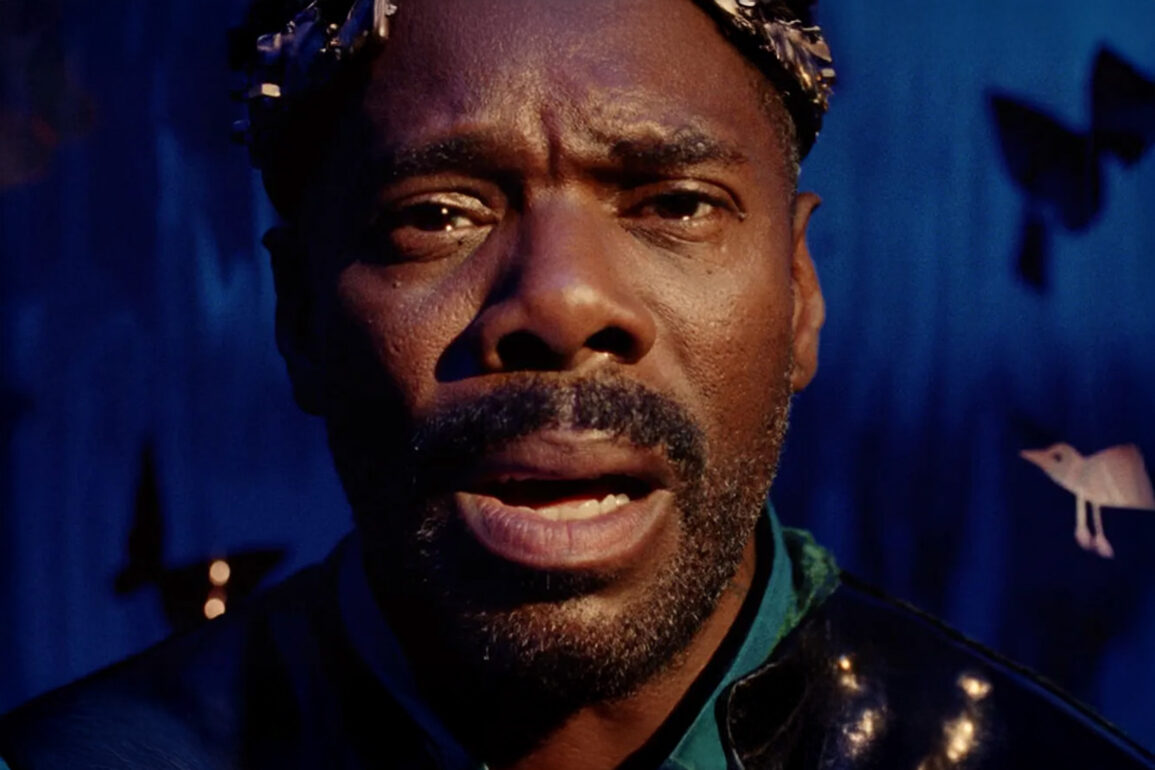
This weekend, A24’s Sing Sing will make history. Not only is the critically acclaimed film returning to more than 500 theaters nationwide, but also it’s becoming the first movie to screen simultaneously in U.S. prisons.
Sing Sing, starring Colman Domingo as Divine G, a wrongfully convicted man who finds hope and redemption through a prison theater program, is a story of resilience, transformation and hope. But beyond Domingo—who’s already earned a few nominations and serious Oscar buzz for the role—most of the cast is made up of formerly incarcerated performers, including alumni from Rehabilitation Through the Arts, the real-life prison theater program that inspired the film.
“My journey through education and the arts gave me hope during my wrongful conviction, restoring my faith in humanity, sparking a culture of redemption during my incarceration,” said RTA alum Jon-Adrian “JJ” Velazquez, who stars as himself in the film. “By providing access to the movie Sing Sing we can transform lives in ways beyond our imagination.”
Thanks to a collaboration between A24, RTA and the nonprofit Edovo, the film will be available to nearly a million incarcerated people across 45 states, streamed through tablets in over 1,100 correctional facilities.
“Storytelling has an incredible way of sparking hope and building connections, even in the toughest circumstances,” says Edovo founder and CEO Brian Hill. “With Sing Sing, we’re giving incarcerated individuals an opportunity to see themselves in a story of resilience and transformation, and to feel inspired to imagine new possibilities for their own lives.”
This initiative goes beyond symbolism. The film’s journey—from its Toronto International Film Festival premiere to its screenings at correctional facilities like San Quentin (the first U.S. prison film festival)—shows a commitment to amplifying the voices of those often silenced. And the film’s production ethics have been even more revolutionary. Everyone on set, from production assistants to Domingo himself, was paid the same wage, and each team member received equity. It’s the kind of approach that makes you wonder why more movies don’t follow suit.
Whether you’re tuning in for Domingo’s award-worthy performance or diving into the bigger questions the film raises about rehabilitation and second chances, this is one (re)release you won’t want to miss.
This post was originally published on this site be sure to check out more of their content.









